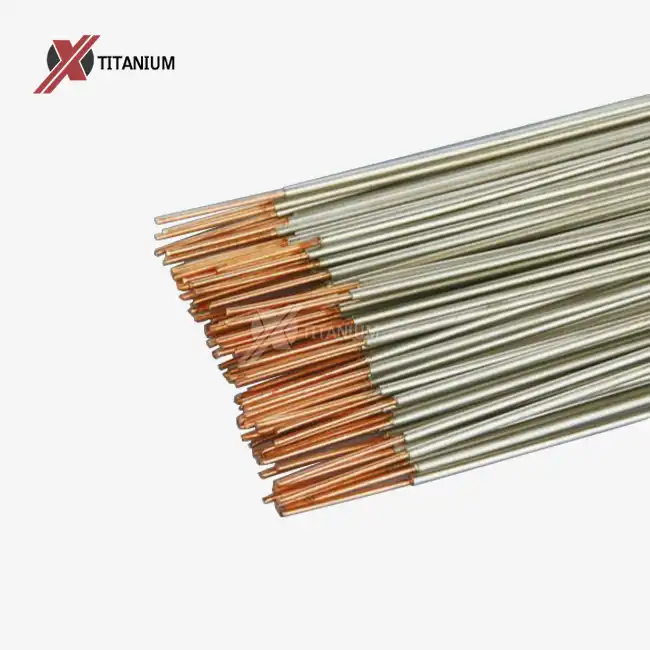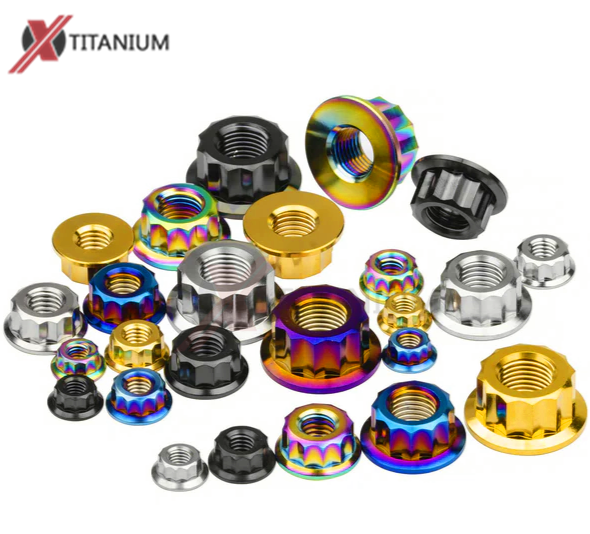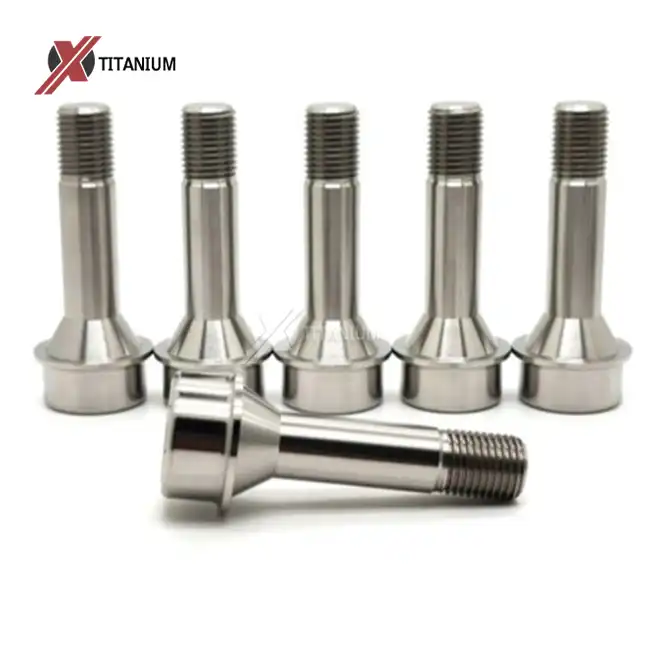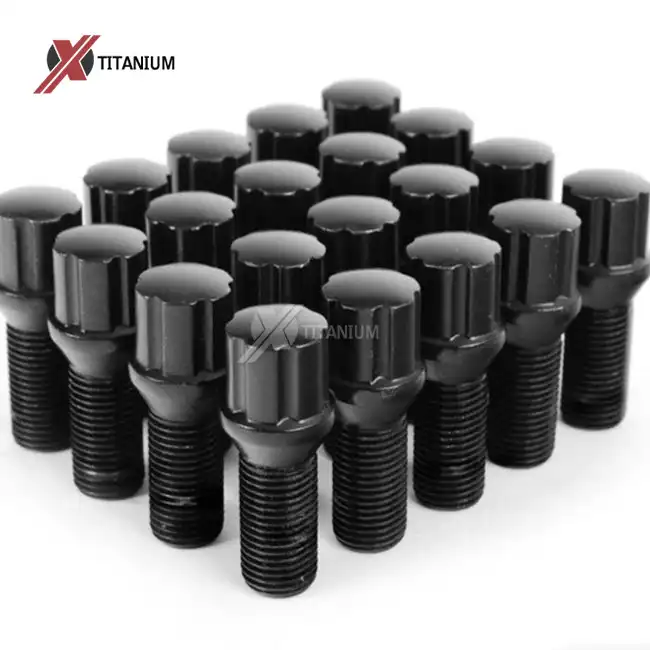- English
- French
- German
- Portuguese
- Spanish
- Russian
- Japanese
- Korean
- Arabic
- Greek
- German
- Turkish
- Italian
- Danish
- Romanian
- Indonesian
- Czech
- Afrikaans
- Swedish
- Polish
- Basque
- Catalan
- Esperanto
- Hindi
- Lao
- Albanian
- Amharic
- Armenian
- Azerbaijani
- Belarusian
- Bengali
- Bosnian
- Bulgarian
- Cebuano
- Chichewa
- Corsican
- Croatian
- Dutch
- Estonian
- Filipino
- Finnish
- Frisian
- Galician
- Georgian
- Gujarati
- Haitian
- Hausa
- Hawaiian
- Hebrew
- Hmong
- Hungarian
- Icelandic
- Igbo
- Javanese
- Kannada
- Kazakh
- Khmer
- Kurdish
- Kyrgyz
- Latin
- Latvian
- Lithuanian
- Luxembou..
- Macedonian
- Malagasy
- Malay
- Malayalam
- Maltese
- Maori
- Marathi
- Mongolian
- Burmese
- Nepali
- Norwegian
- Pashto
- Persian
- Punjabi
- Serbian
- Sesotho
- Sinhala
- Slovak
- Slovenian
- Somali
- Samoan
- Scots Gaelic
- Shona
- Sindhi
- Sundanese
- Swahili
- Tajik
- Tamil
- Telugu
- Thai
- Ukrainian
- Urdu
- Uzbek
- Vietnamese
- Welsh
- Xhosa
- Yiddish
- Yoruba
- Zulu
What Are the Benefits of Grade 5 Titanium Socket Bolts?
Grade 5 titanium socket bolts offer a myriad of advantages that make them indispensable in various high-performance applications. These fasteners boast exceptional strength-to-weight ratio, superior corrosion resistance, and remarkable durability. Crafted from Ti-6Al-4V alloy, Grade 5 titanium socket cap bolts exhibit outstanding mechanical properties, including high tensile strength and excellent fatigue resistance. Their biocompatibility and non-magnetic characteristics further expand their utility across diverse industries. From aerospace and automotive to medical and marine environments, Grade 5 titanium socket bolts provide unparalleled performance, ensuring reliable and long-lasting connections in demanding conditions.
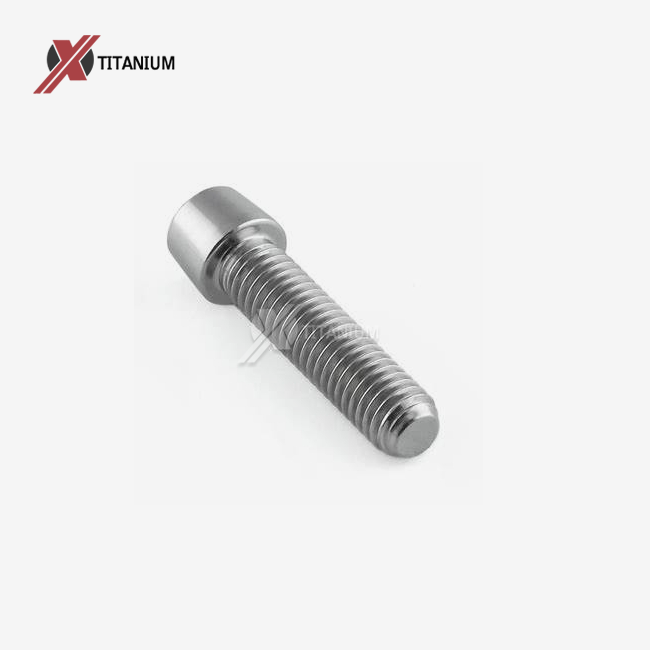
Understanding Grade 5 Titanium and Its Properties
Grade 5 titanium, also known as Ti-6Al-4V, is a versatile alloy that forms the foundation for high-performance titanium socket cap bolts. This alloy combines titanium with 6% aluminum and 4% vanadium, resulting in a material with exceptional characteristics. Let's delve into the properties that make Grade 5 titanium an ideal choice for socket bolts:
Composition and Microstructure
The unique composition of Grade 5 titanium contributes to its remarkable properties. The addition of aluminum enhances strength and reduces density, while vanadium improves heat treatability and overall strength. This carefully balanced alloy exhibits a two-phase microstructure consisting of alpha and beta phases, which confers an optimal blend of strength and ductility.
Mechanical Properties
Grade 5 titanium socket bolts boast impressive mechanical properties that set them apart from conventional fasteners. With a tensile strength of 895 MPa (130 ksi) and a yield strength of 828 MPa (120 ksi), these bolts can withstand substantial loads without failure. Their high strength-to-weight ratio, approximately 60% greater than that of steel, allows for weight reduction in critical applications without compromising structural integrity.
Corrosion Resistance
One of the standout features of Grade 5 titanium is its exceptional corrosion resistance. The formation of a stable, passive oxide layer on the surface provides protection against various corrosive environments, including saltwater, acids, and industrial chemicals. This inherent corrosion resistance eliminates the need for additional protective coatings, reducing maintenance requirements and extending the lifespan of titanium socket cap bolts.
Applications and Advantages of Grade 5 Titanium Socket Bolts
The unique combination of properties exhibited by Grade 5 titanium socket bolts makes them suitable for a wide range of applications across various industries. Let's explore some key areas where these fasteners excel:
Aerospace and Aviation
In the aerospace industry, where weight reduction and reliability are paramount, Grade 5 titanium socket cap bolts shine. Their high strength-to-weight ratio allows for significant weight savings in aircraft structures, leading to improved fuel efficiency and performance. The excellent fatigue resistance of these bolts ensures they can withstand the repetitive stresses encountered during flight operations, enhancing overall safety and longevity of aerospace components.
Automotive and Racing
The automotive sector, particularly in high-performance and racing applications, benefits greatly from Grade 5 titanium socket bolts. These fasteners offer weight reduction without compromising strength, contributing to improved vehicle dynamics and fuel efficiency. Their corrosion resistance is particularly valuable in exposed areas or under-hood environments where moisture and heat are prevalent. The use of titanium socket cap bolts in critical chassis and engine components can significantly enhance overall vehicle performance and durability.
Medical and Biomedical Implants
The biocompatibility of Grade 5 titanium makes it an excellent choice for medical implants and surgical instruments. Titanium socket bolts used in orthopedic and dental implants provide a strong, lightweight, and corrosion-resistant solution that integrates well with human tissue. The non-magnetic nature of titanium also ensures compatibility with magnetic resonance imaging (MRI) procedures, allowing for safe and artifact-free imaging of patients with titanium implants.
Manufacturing and Quality Considerations for Titanium Socket Bolts
The production of high-quality Grade 5 titanium socket cap bolts requires specialized manufacturing processes and stringent quality control measures. Let's examine some key aspects of titanium bolt manufacturing:
CNC Machining and Precision
Computer Numerical Control (CNC) machining is the preferred method for producing titanium socket bolts due to its precision and consistency. The process allows for tight tolerances and excellent surface finishes, crucial for ensuring proper fit and function in critical applications. Advanced CNC machines equipped with specialized cutting tools and cooling systems can efficiently work with the tough titanium alloy, producing bolts with consistent quality and dimensional accuracy.
Heat Treatment and Surface Finishing
Heat treatment plays a vital role in optimizing the mechanical properties of Grade 5 titanium socket bolts. Proper heat treatment processes can enhance strength, ductility, and fatigue resistance. Surface finishing techniques such as polishing and anodizing can further improve corrosion resistance and aesthetic appeal. Anodizing, in particular, can produce a range of colors including gold, blue, green, purple, black, and even rainbow effects, allowing for color-coding or decorative applications while maintaining the inherent properties of the titanium alloy.
Quality Control and Testing
Rigorous quality control measures are essential in the production of Grade 5 titanium socket cap bolts. Non-destructive testing methods such as X-ray inspection and ultrasonic testing can detect internal defects or inconsistencies in the material. Mechanical testing, including tensile strength and hardness tests, ensures that each batch of bolts meets or exceeds the specified performance criteria. Dimensional checks and thread inspection guarantee that the bolts conform to relevant standards such as DIN912, ISO4762, or ANSI B18.3, ensuring compatibility and interchangeability across different applications.
Conclusion
In conclusion, Grade 5 titanium socket bolts offer a compelling combination of strength, lightness, and corrosion resistance that makes them invaluable in numerous high-performance applications. From aerospace and automotive to medical and marine environments, these fasteners provide reliable, long-lasting connections under demanding conditions. As technology continues to advance, the role of Grade 5 titanium socket cap bolts in enabling innovative designs and enhancing product performance is likely to grow. For more information about titanium products and their applications, please contact us at info@cltifastener.com or djy6580@aliyun.com.
References
1. Boyer, R., Welsch, G., & Collings, E. W. (1994). Materials Properties Handbook: Titanium Alloys. ASM International.
2. Peters, M., Kumpfert, J., Ward, C. H., & Leyens, C. (2003). Titanium alloys for aerospace applications. Advanced Engineering Materials, 5(6), 419-427.
3. Niinomi, M. (2008). Mechanical biocompatibilities of titanium alloys for biomedical applications. Journal of the Mechanical Behavior of Biomedical Materials, 1(1), 30-42.
4. Donachie, M. J. (2000). Titanium: A Technical Guide. ASM International.
5. Lutjering, G., & Williams, J. C. (2007). Titanium (Engineering Materials and Processes). Springer.
Learn about our latest products and discounts through SMS or email
